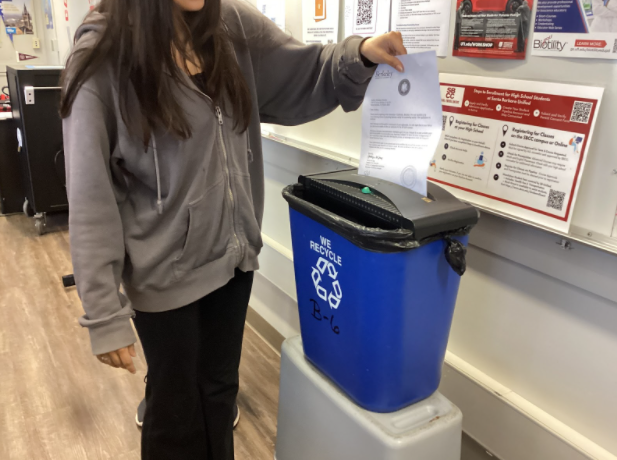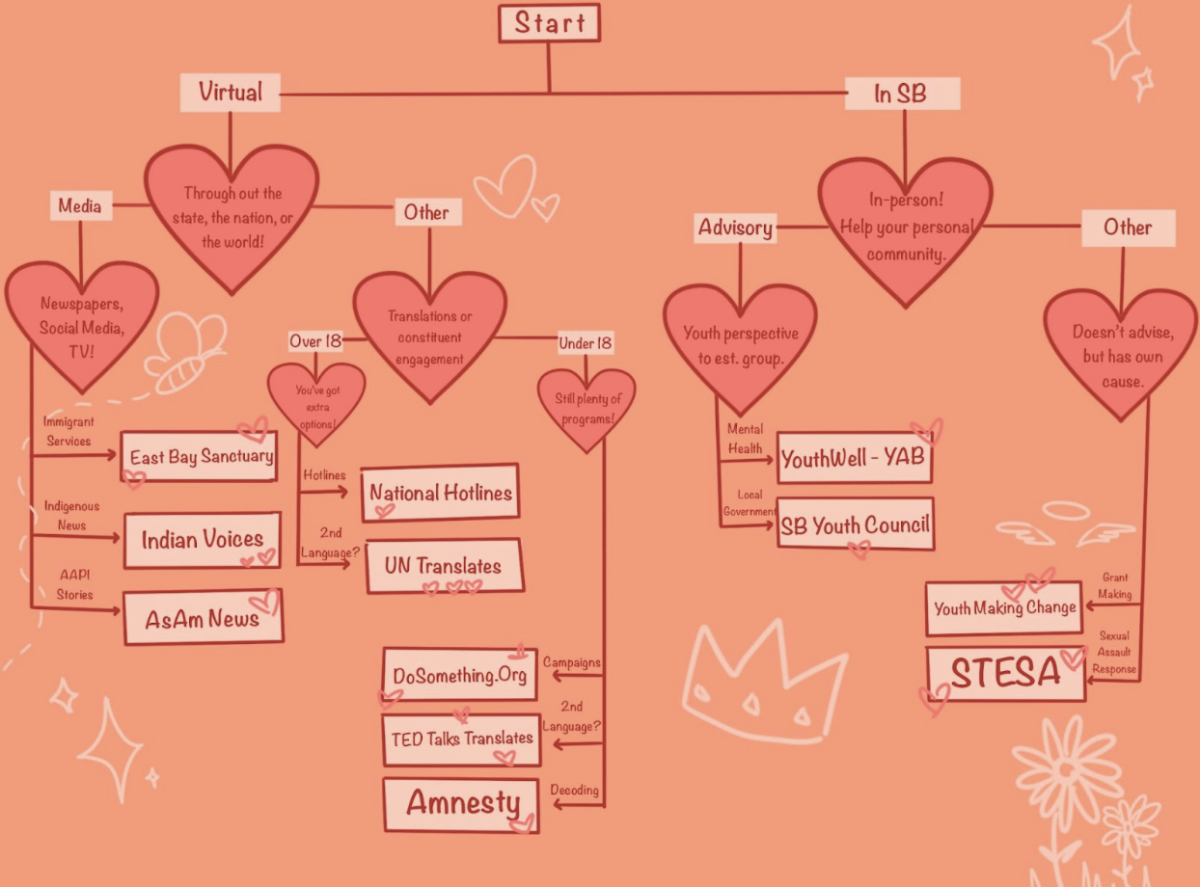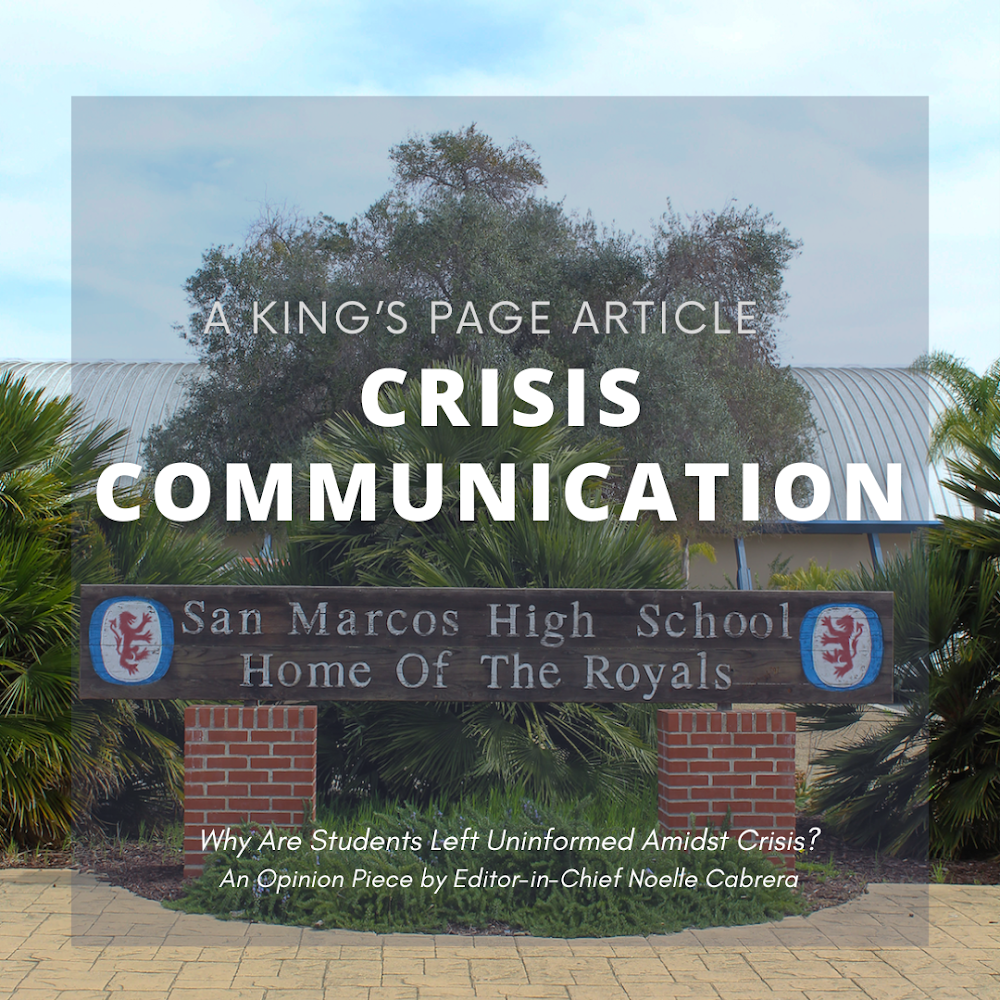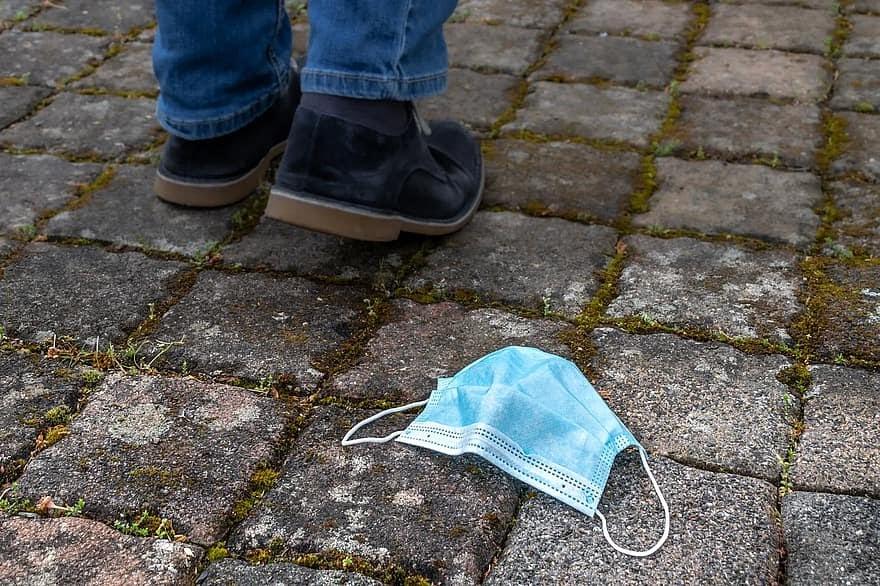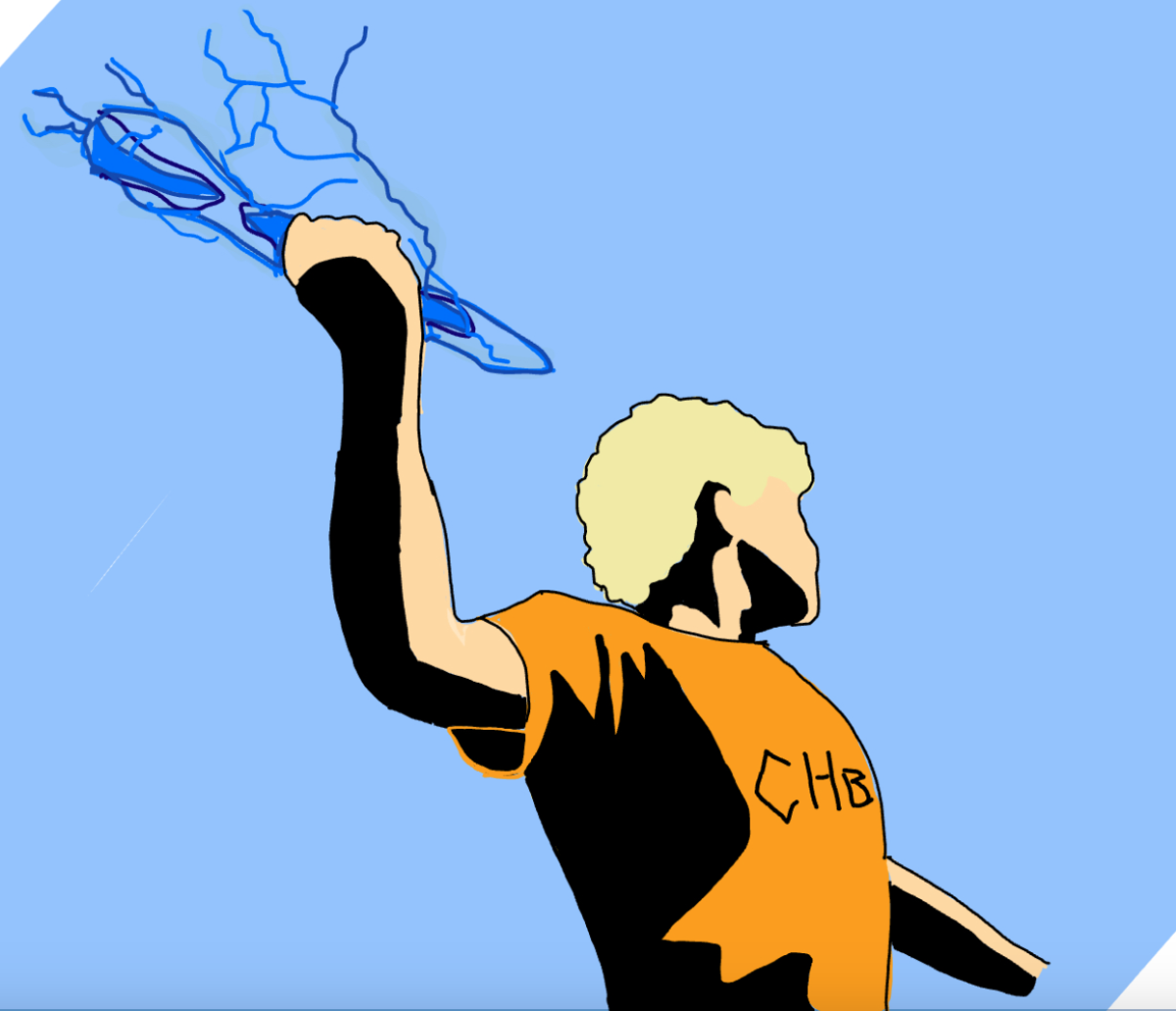Did you know that just one disposable mask can break down into millions of tiny pieces? Most disposable masks are made of polypropylene. It is a type of plastic that is best at filtering. Polypropylene masks are the classic surgical masks, that are usually white or blue. Even though a lot of people have gotten their hands on reusable cloth masks, there is still an abundance of littered masks. Cloth masks are usually made either of cotton, or a synthetic fabric like polyester or nylon.
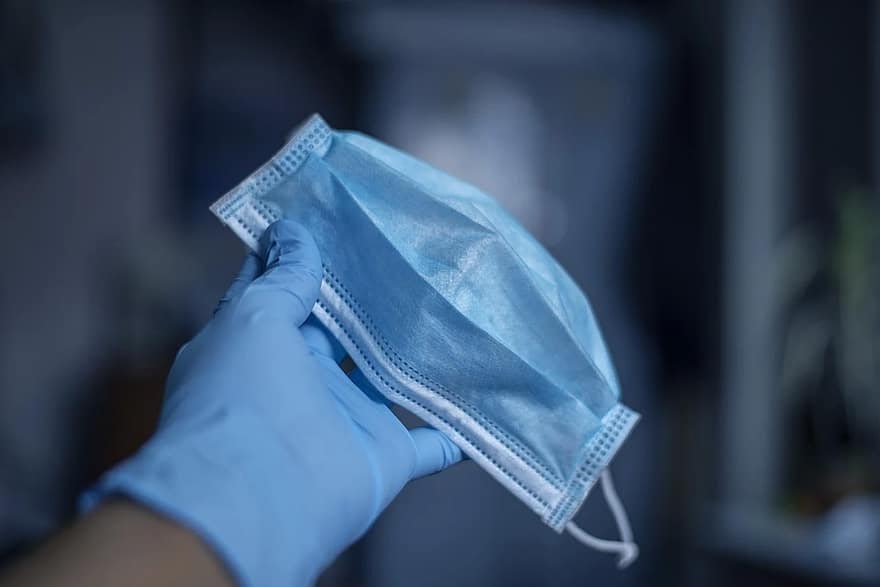
Since disposable masks are made of a kind of plastic, they do not break down very easily. Plastics like polypropylene break down into smaller pieces but never dissolve. These small plastic pieces or microplastics, get into the ocean and are eaten by sea life. Just one mask breaks into millions of tiny particles that contain bacteria and chemicals, which can be eaten by an animal and somehow make their way back to humans. A disposable mask can take 20-30 years to break down.
Cloth masks on the other hand, although not littered as much as disposable masks, can still have a negative effect on the environment. A mask that is 100% cotton would only take 5 months to decompose, but most are cotton blends, they take 20-200 years. Polyester and other synthetic fabrics (the most common type of cloth mask) take 20-200 years to break down. When these materials get littered, they will most likely be eaten by some creature. Cotton masks contain cellulose, which is hard to digest, but plastics are even worse. Plastic materials won’t be digested at all, and can end up filling an animal’s digestive tract. Oddly enough, polypropylene is not like other plastics, it is not toxic to animals, but it will still be difficult to pass. Even though it is not a big threat to wildlife, maks should not be littered.
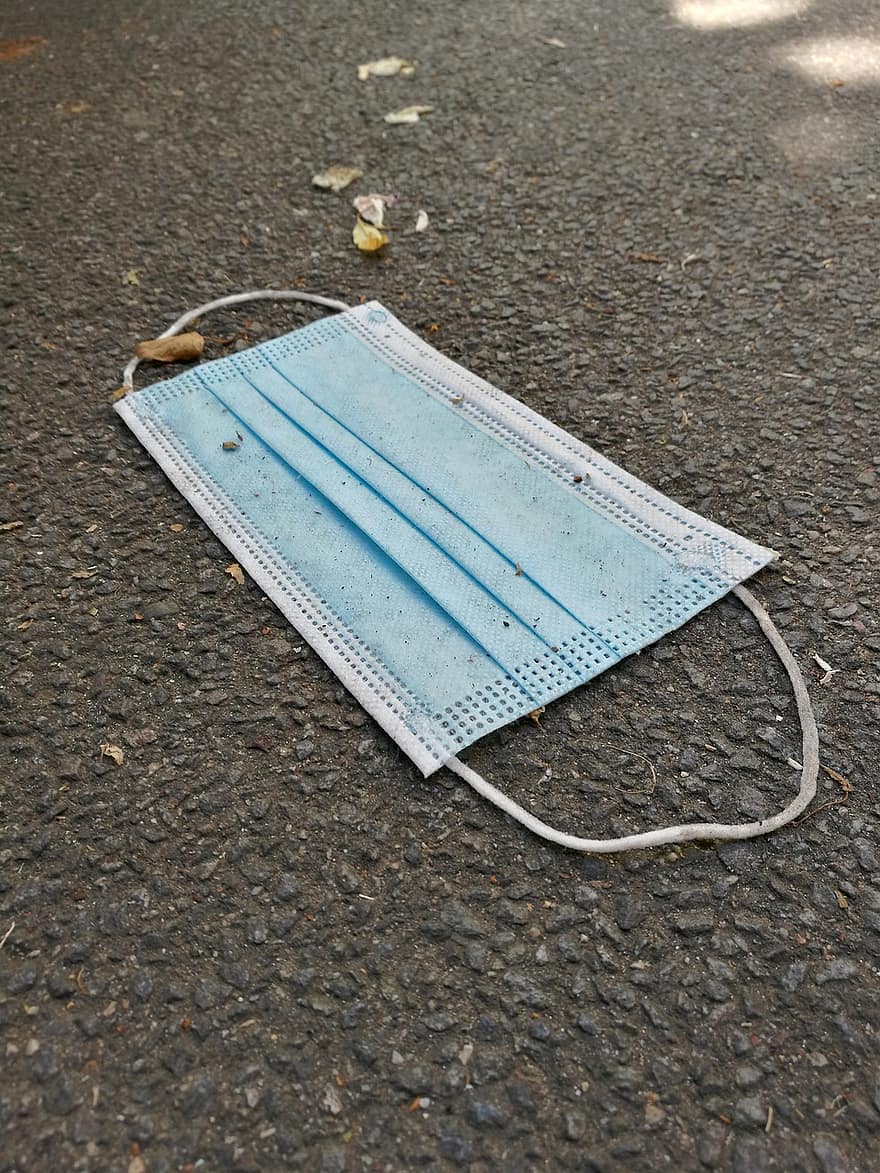
Are disposable masks really worth it? By all means, if you have the money a washable cloth mask is not only more economical, it saves the disposable surgical masks for doctors on the frontlines who really need them. When people see masks thrown out on the street, it says “well if everyone else is doing it, why should I spend the time to throw mine away?” People seeing litter causes more litter, this creates a loop. Disposable masks themselves aren’t the biggest problem, it is understandable why they would start being littered since people go through them, but the root of the problem has been littering itself. Is purchasing disposable masks, only to be broken down into a million pieces to pollute the ocean, worth it? In my opinion, it is not worth it. These days, it is so easy to get a cloth mask, and constantly buying one-time use masks must cost more than a one-time purchase of a cloth face mask. The argument could be made that most people who buy disposable masks don’t go outside as often, and therefore do not need to invest in a more economical solution. If this is true, then why are there still so many masks being littered?
Staff Writer
Jasmine is a junior at San Marcos High School…

